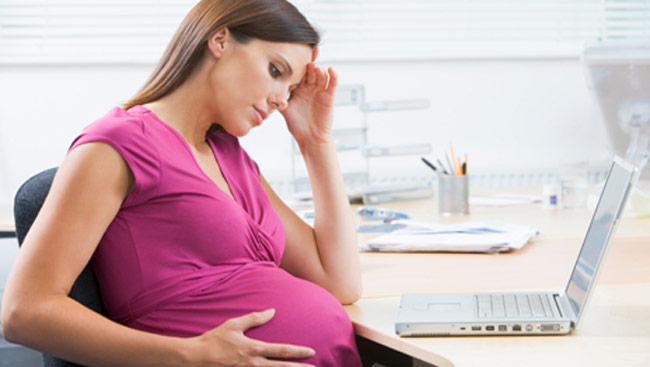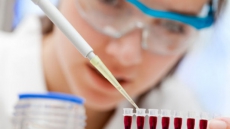You may soon look at cat poop in a different light as it may hold the key to cancer cure.
Using a parasite found in the intestines of cats, researchers have created a cancer vaccine that resulted in unprecedented high rates of cancer survival when tested in extremely aggressive lethal mouse models of melanoma and ovarian cancer.
A healthy immune system responds vigorously to T. gondii, a single-celled parasite that lives in a cat's intestines, in a manner that parallels how the immune system attacks a tumour.
"We know biologically this parasite has figured out how to stimulate the exact immune responses to fight cancer," said David Bzik, professor of microbiology and immunology at Dartmouth College in the US.
In response to T. gondii, the body produces natural killer cells and cytotoxic T cells.
Cancer can shut down the body's defensive mechanisms, but introducing T. gondii into a tumour environment can jump start the immune system.
Since it is not safe to inject a cancer patient with live replicating strains of T. gondii, the researchers created "cps" - an immunotherapeutic vaccine.
Based on the parasite's biochemical pathways, they deleted a Toxoplasma gene needed to make a building block of its genome and create a mutant parasite that can be grown in the laboratory, but is unable to reproduce in animals or people.
Cps is both non-replicating and safe. Even when the host is immune deficient, cps still retains that unique biology that stimulates the ideal vaccine responses.
"Aggressive cancers too often seem like fast moving train wrecks. Cps is the microscopic, but super strong, hero that catches the wayward trains, halts their progression, and shrinks them until they disappear," Bzik added.





